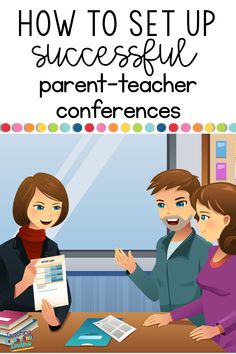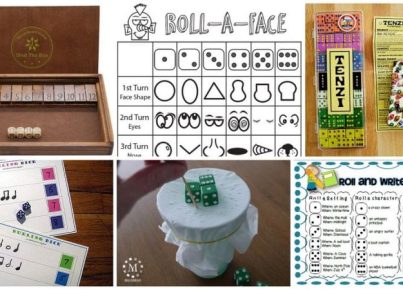In the world of education, lines can sometimes blur between the roles of parents and teachers. This has given rise to a significant question: Should parents just parent and teachers just teach? The debate is a perennial one, with valid arguments on both sides.
Those who advocate for a clear boundary between parenting and teaching argue that educators are trained professionals who understand how to convey knowledge and facilitate learning in a way that parents may not. They emphasize that teachers have the expertise to assess educational needs, individualize instruction, and manage classroom dynamics effectively. This perspective suggests that parents should trust educators to do their jobs while focusing on providing emotional support, instilling good values, and nurturing their children’s well-being at home.
On the other hand, proponents of a more integrated approach believe that education is not confined to the classroom’s four walls. Learning is a continuous process that happens everywhere, and parental involvement can enhance it. By being partners in their children’s education, parents can reinforce what is taught in school, provide contextual family knowledge which could aid teaching strategies, and actively engage in school-based decisions. Students often benefit when there is consistency between home and school expectations.
However, it’s crucial to acknowledge that over-involvement of parents can lead to issues such as undermining teachers’ authority or contributing to increased stress for children if expectations are misaligned between educators and parents.
Ultimately, finding the golden mean where both parties work collaboratively toward the best interest of the child seems to be the most beneficial approach. Regular communication between teachers and parents, mutual respect for each other’s roles, and a shared commitment to fostering an environment conducive to learning are key components of this partnership.
The conversation about whether parents should strictly parent while teachers exclusively teach remains open-ended. It touches upon cultural values regarding education, individual beliefs about child-rearing, and systemic structures in place within educational institutions. What remains clear is that both parenting and teaching are invaluable tasks which profoundly influence a child’s development. Bridging them in an effective partnership could very well be the answer to creating holistic learning environments tailored to prepare students not only for academic success but also life beyond school.
While every family and teacher will navigate this relationship differently based on their unique circumstances, striking a balance that respects both roles while keeping the child’s best interest front and center is fundamental in this ongoing discussion.





